NEWS & EVENTS
LATEST NEWS
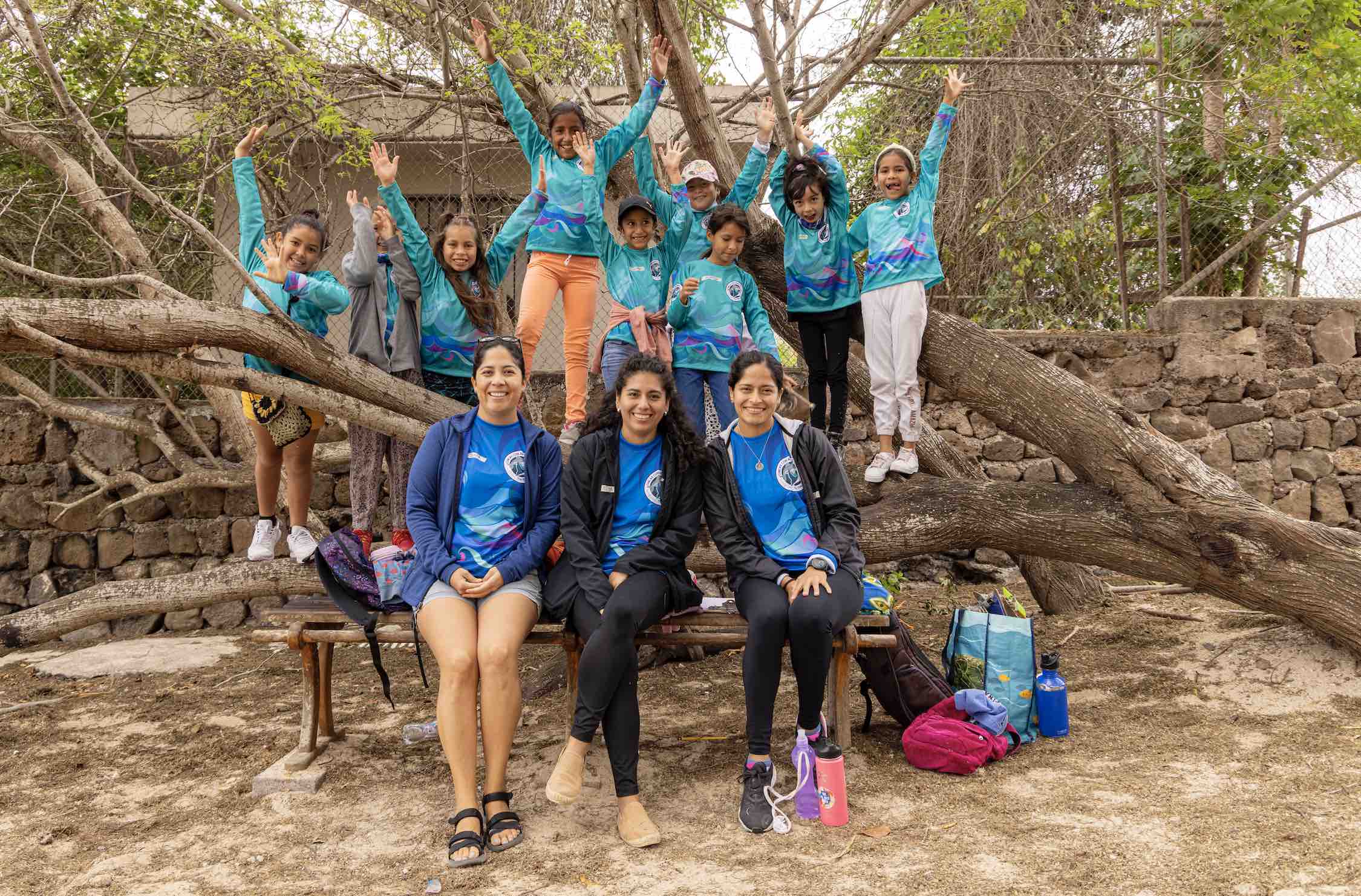
International Women´s Day: Celebrating the women behind the Galapagos Science Center
March 8 is International Women’s Day, a global day to celebrate the achievements of women everywhere, raise awareness about continued discrimination based on gender, and take action to promote gender parity. Since the GSC was founded in 2011, over 50 women have led research across more than 74 research projects.
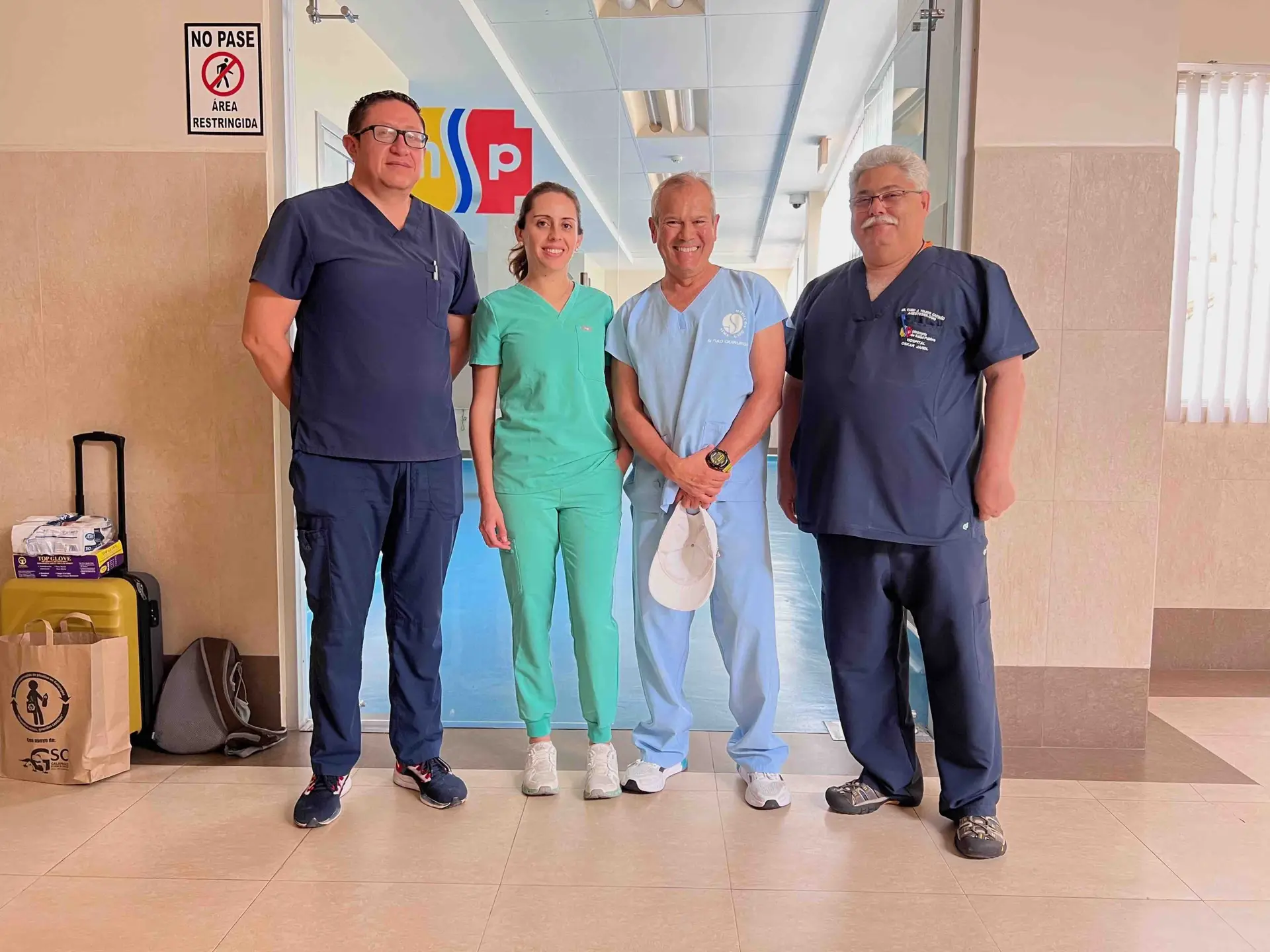
Third Ophthalmology Brigade: A continuous commitment to health in the Galápagos Archipelago
The collaboration between the Universidad San Francisco de Quito (USFQ) and the Oskar Jandl Hospital (HOJ) has played a key role transforming healthcare in the Galápagos Islands, specifically on San Cristóbal Island.
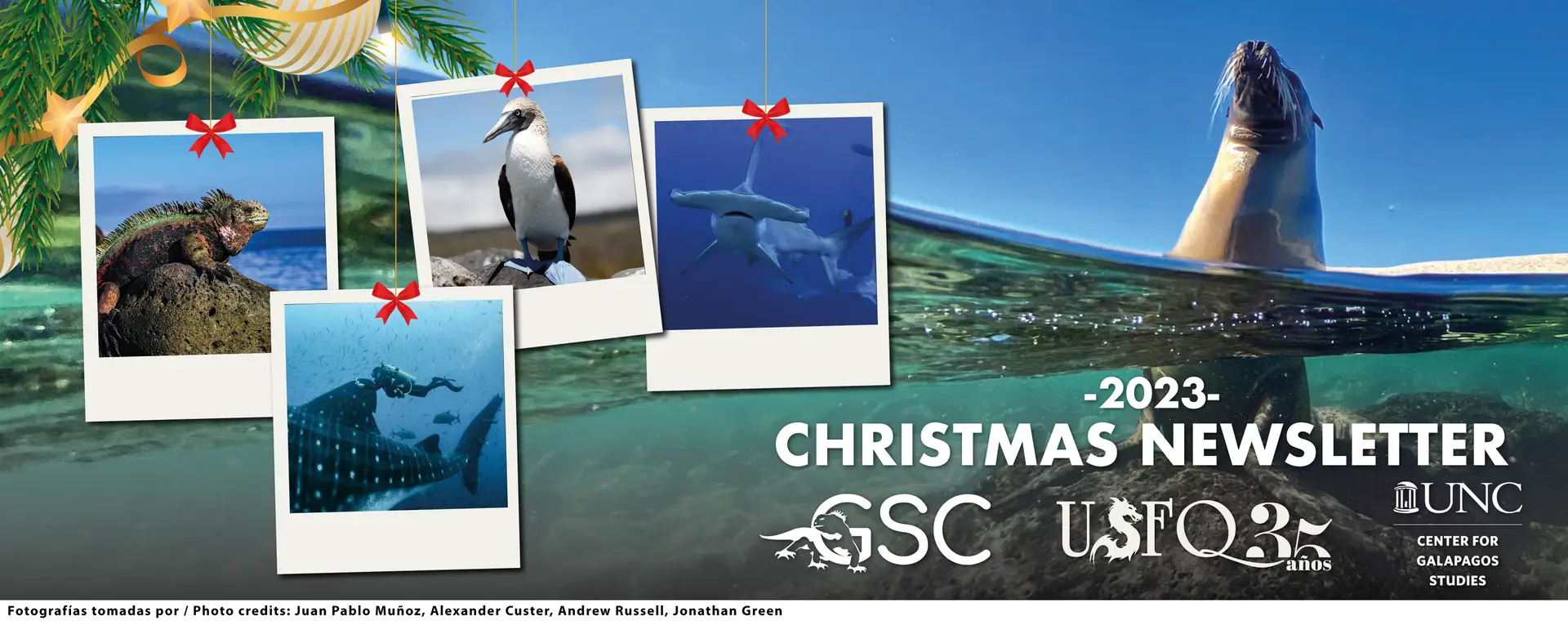
2023 Christmas Newsletter
We proudly present our Holiday Newssletter.
The Galapagos Science Center (GSC) greets you and wishes you happy holidays. The GSC promotes local and international scientific collaboration for the benefit of global science and the Galápagos through research, education, and community outreach.
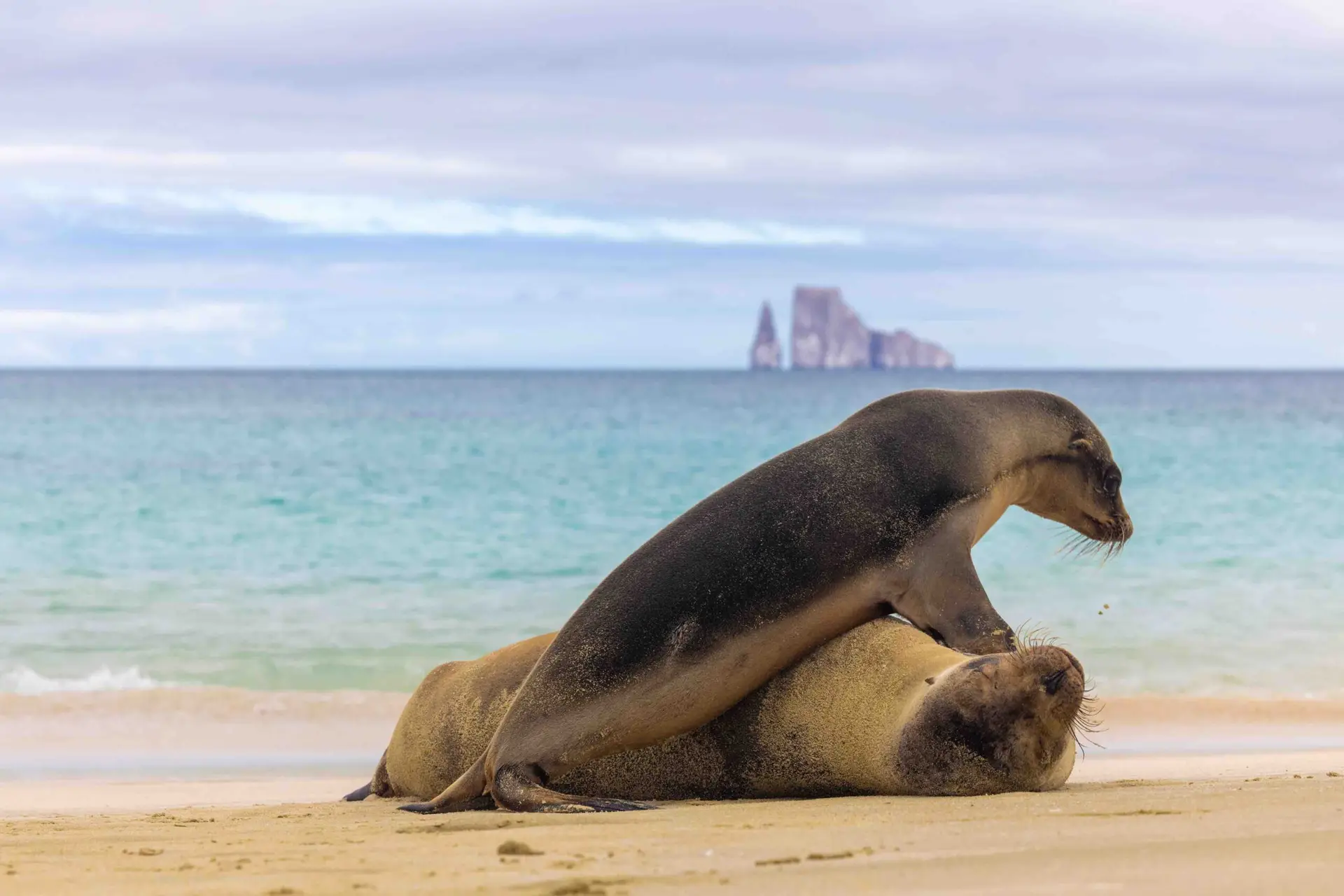
Universidad San Francisco de Quito and the Oceanogràfic Foundation launched a program to monitor the health of marine species in the Galápagos Islands
A team of veterinarians from the Oceanografic Foundation traveled to Puerto Baquerizo Moreno to establish a veterinary health surveillance.
SCIENTIFIC ARTICLES
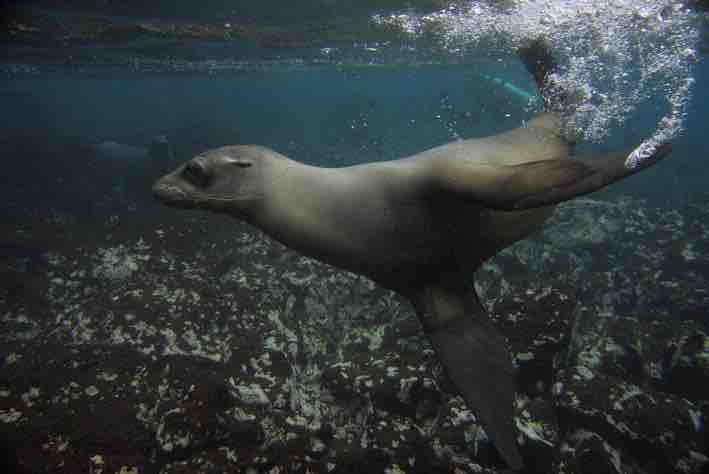
DNA-metabarcoding supports trophic flexibility and reveals new prey species for the Galapagos sea lion
These findings provide evidence of Galapagos sea lion adopting a trophic flexibility to tune their diets to different ecological contexts. Tropical ecosystems are challenging for pinnipeds due to fluctuating food availability.
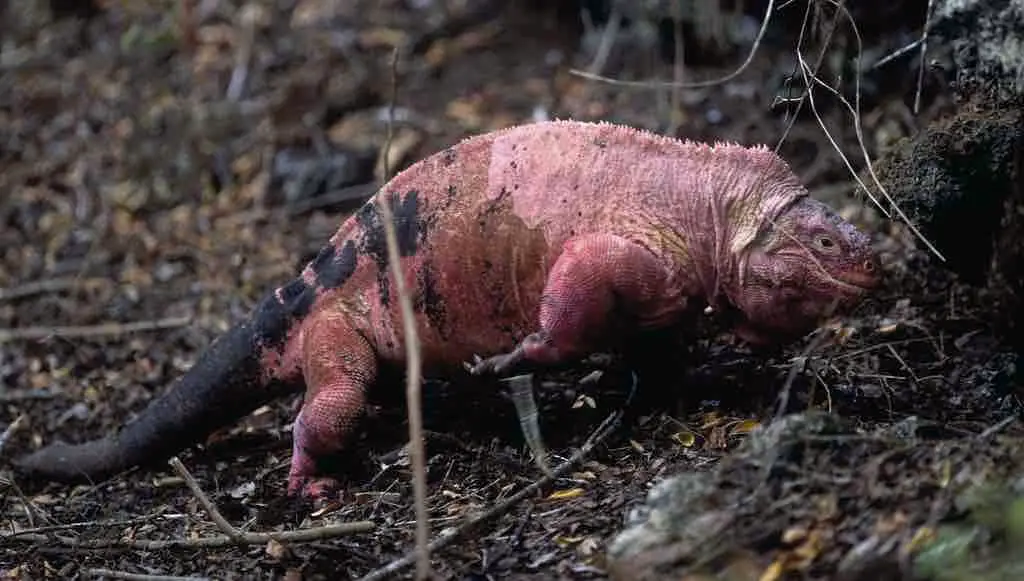
Novel herpesvirus in the critically endangered Galapagos pink land iguana
Virus surveillance in wildlife is important to understanding ecosystem health, taxonomy, and evolution. Nevertheless, viruses in reptiles, and specifically in squamates, continue to be understudied. We conducted a health assessment on the critically endangered pink land iguana.
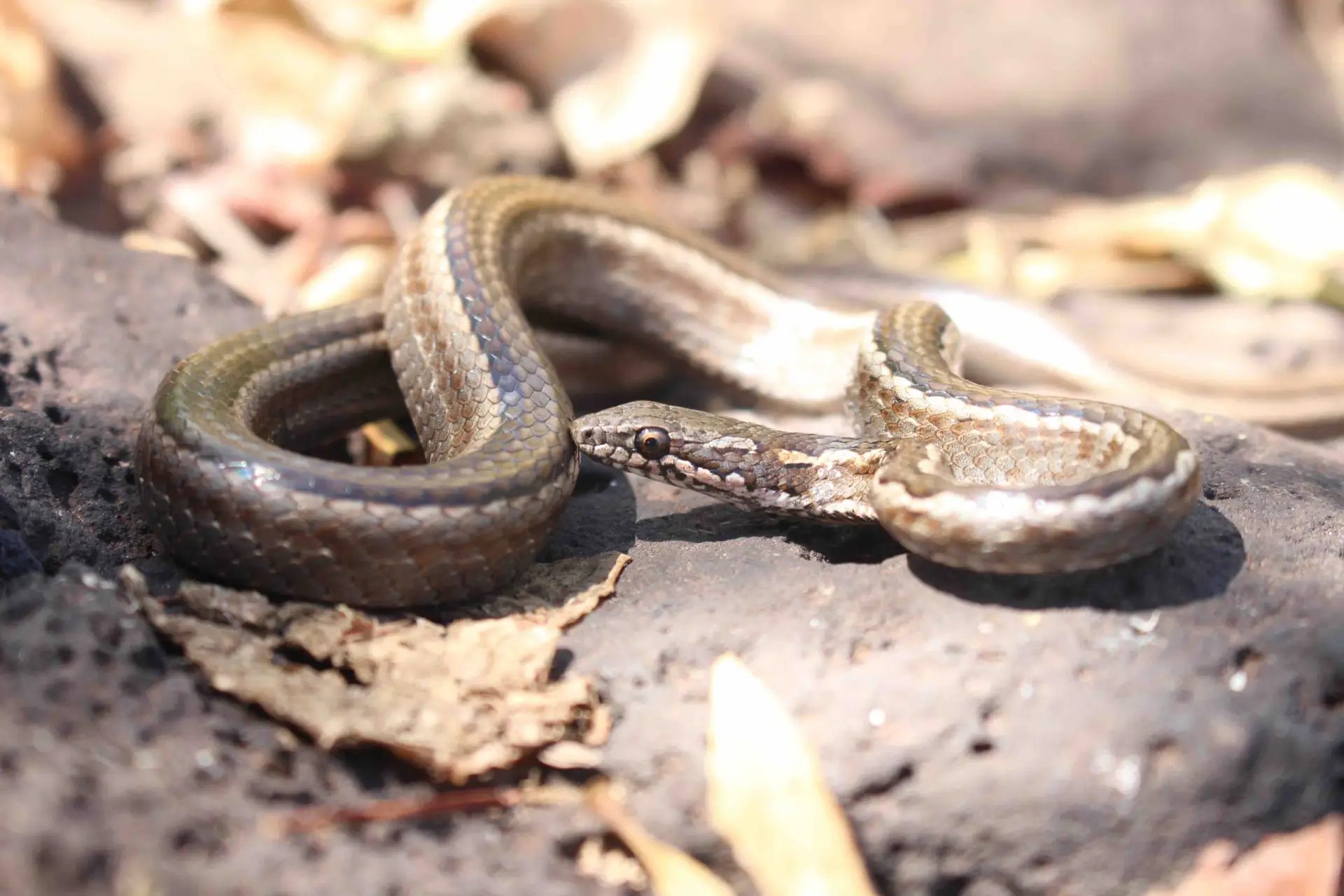
Natural History and Conservation of the Galapagos Snake Rediation
The Galapagos Archipelago has been world-famous since Darwin’s visit and is recognized for its species radiation and high levels of endemism. However, Galapagos snakes of the genus Pseudalsophis remained poorly known until recently.
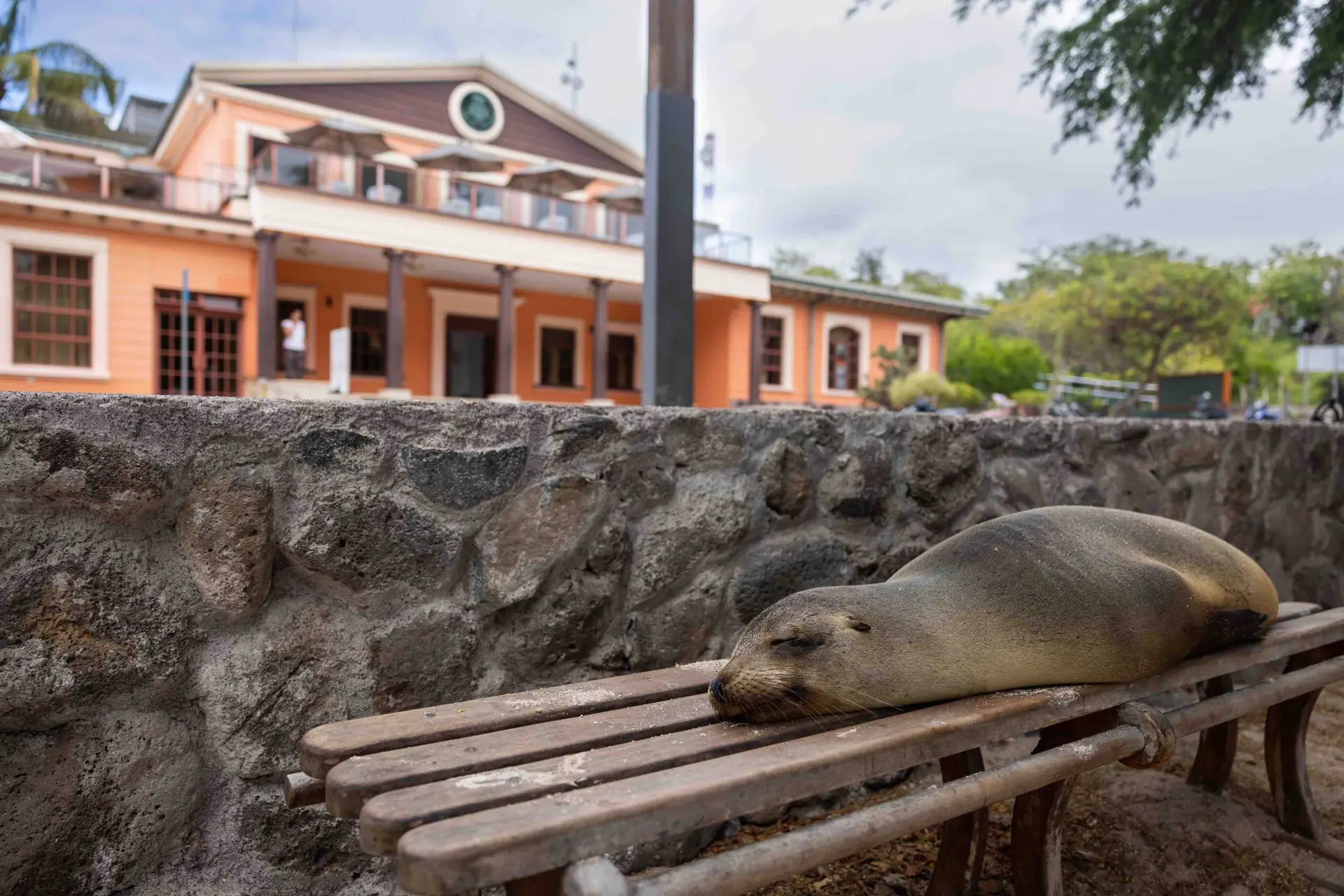
Concentrations of lead in pinniped bones confirm Galapagos as a relatively unpolluted environment
Lead (Pb) is a trace element that is naturally present in arid regions but it is also released to the marine environment by anthropogenic industrial emissions. Here, we assessed Pb concentrations in bone samples of four pinniped species.
EVENTS
6TH GALAPAGOS RESEARCH AND CONSERVATION SYMPOSIUM
The 6th Galápagos Research and Conservation Symposium took place on Monday, July 15 and Tuesday, July 16, 2024 at the Charles Darwin Convention Center on San Cristóbal, Galápagos. This important multidisciplinary event was organized by the Galapagos Science Center, with the sponsorship of the University of North Carolina at Chapel Hill and the Universidad San Francisco de Quito with the endorsement of the Galapagos National Park.
5TH GALAPAGOS RESEARCH AND CONSERVATION SYMPOSIUM
Puerto Baquerizo Moreno, on San Cristóbal Island, will host the 5th Galapagos Research and Conservation Symposium. This significant multidisciplinary event will feature scientific presentations and community-focused talks, showcasing research and initiatives related to conservation, environmental change, biodiversity and oceans, health, and community initiatives.
World Summit on Island Sustainability
In 2022, the Galapagos Science Center (GSC) and the broader UNC & USFQ Galapagos Initiative celebrated its 10th Anniversary. The GSC hosted the World Summit on Island Sustainability on June 26–30, 2022 at the Galapagos Science Center and the Community Convention Center on San Cristobal Island.
ConCiencia
MAGAZINE
2024 Edition
2023 Edition
2022 Edition
2019 Edition
Read our Epub Magazine 2024 Edition
Read our Epub Magazine 2023 Edition
Read our Epub Magazine 2022 Edition


